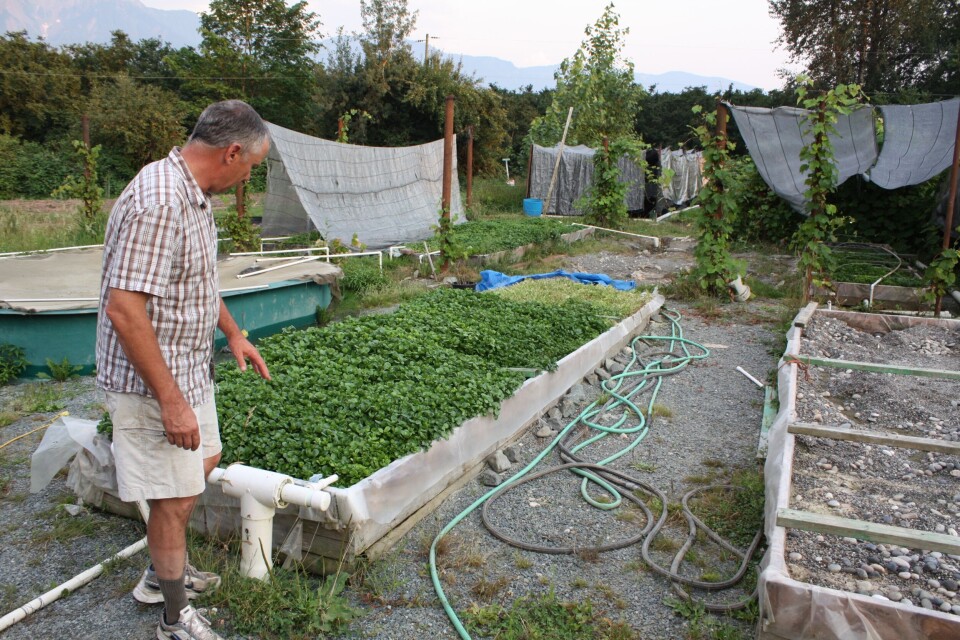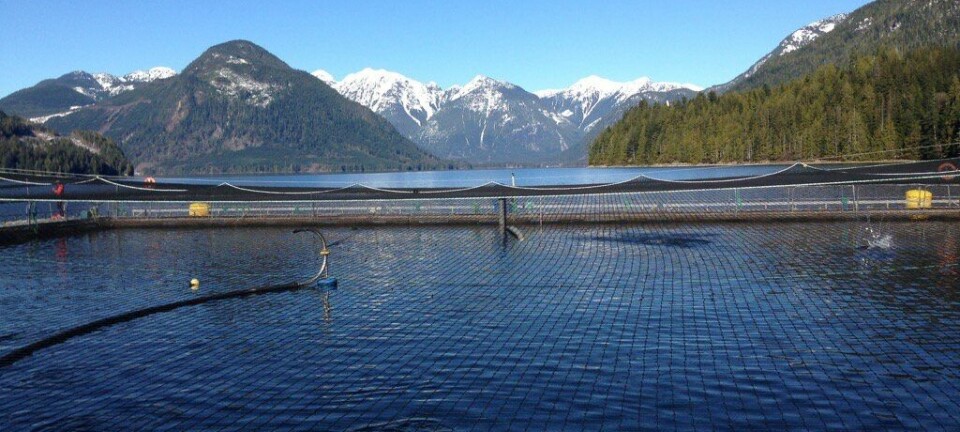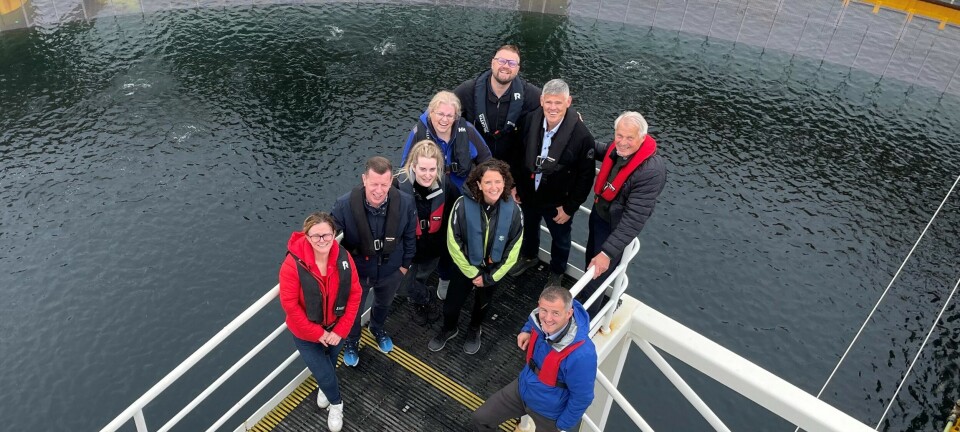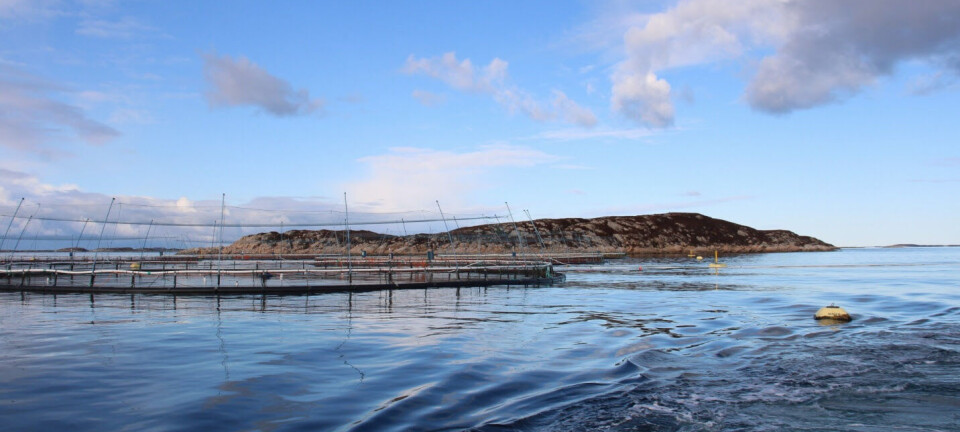
Increased interest in aquaponics
In British Columbia, it was Swift Aquaculture in Agassiz, east of Vancouver, which started the first aquaponics operation of a commercial size, where produce like lettuce, wasabi and watercress was grown along with edible flowers and some tree crops - all fed by waste water from tanks filled with coho salmon.
In Alberta, Lethbridge College has a program in place where this technology is being investigated; “As part of an add-on to an intensive recirculation aquaculture operation, aquaponics operations began in 2002 and advanced research is currently funded by the Natural Sciences and Engineering Research Council of Canada (NSERC). The seeding of plants begins in March for the production of a select variety of vegetables, herbs and water plants which all utilize the nutrients available in the water supply as provided by the fish”.
In the US, the Savannah Morning News recently contained an article about another aquaponics research initiative;
Armstrong State University recently broke ground on the Armstrong Plantonics Research Center, an exciting new collaboration with Plantonics LLC, an innovative company dedicated to growing sustainable food. The new facility will conduct cutting-edge research and cultivate organic vegetables and fish using biodynamic, environmentally friendly techniques. Together, Armstrong and Plantonics will build a solar-powered vegetarium and aquaponics complex in the field adjacent to the Arts Drive parking lot. The first phase of the project is expected to be complete in spring 2015.
Aquaponics is a food-production system that combines aquaculture (raising aquatic animals like fish) with hydroponics (cultivating plants in water) in a symbiotic environment. At Armstrong’s new aquaponic facility, water with nutrient-rich fish waste from an aquaculture system will feed into a hydroponic system, where by-products are broken down and utilized by the plants. The water will then be recirculated back to the aquaculture system to sustain the fish. “This is an opportunity to do something that really matters,” said Dr. Matthew Draud, head of Armstrong’s Biology department. “We’re looking at doing groundbreaking research that makes aquaponics economically viable.”
Armstrong faculty and students will be directly involved in the design and operation of the facility, conducting interdisciplinary research and advocating sustainable aquaculture.























































